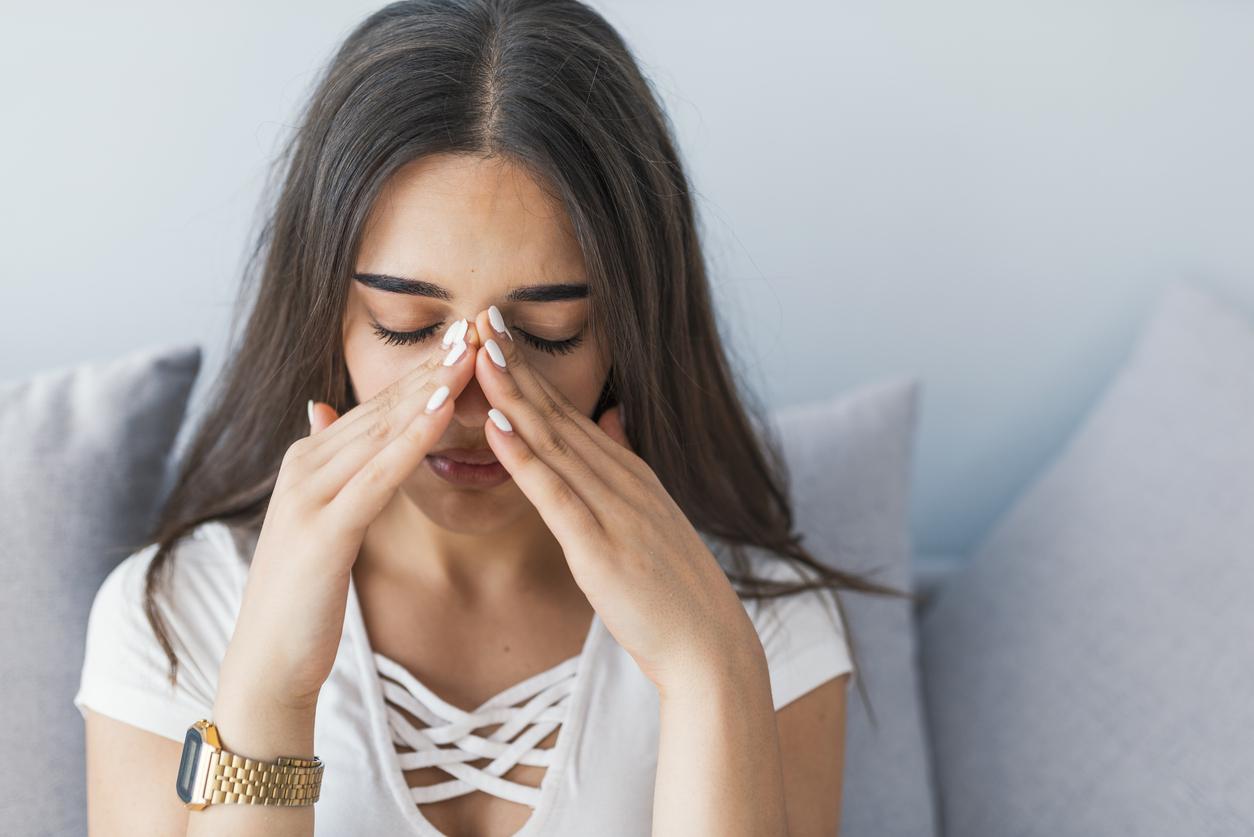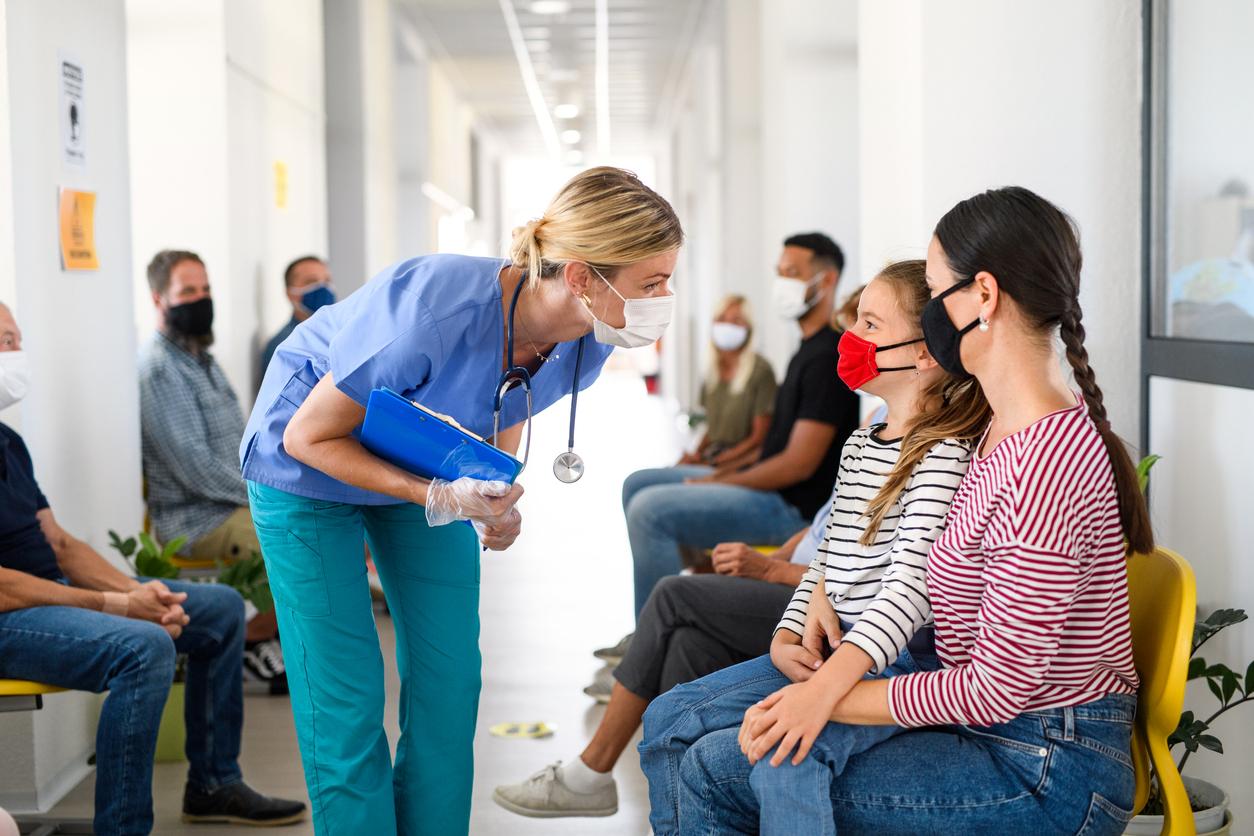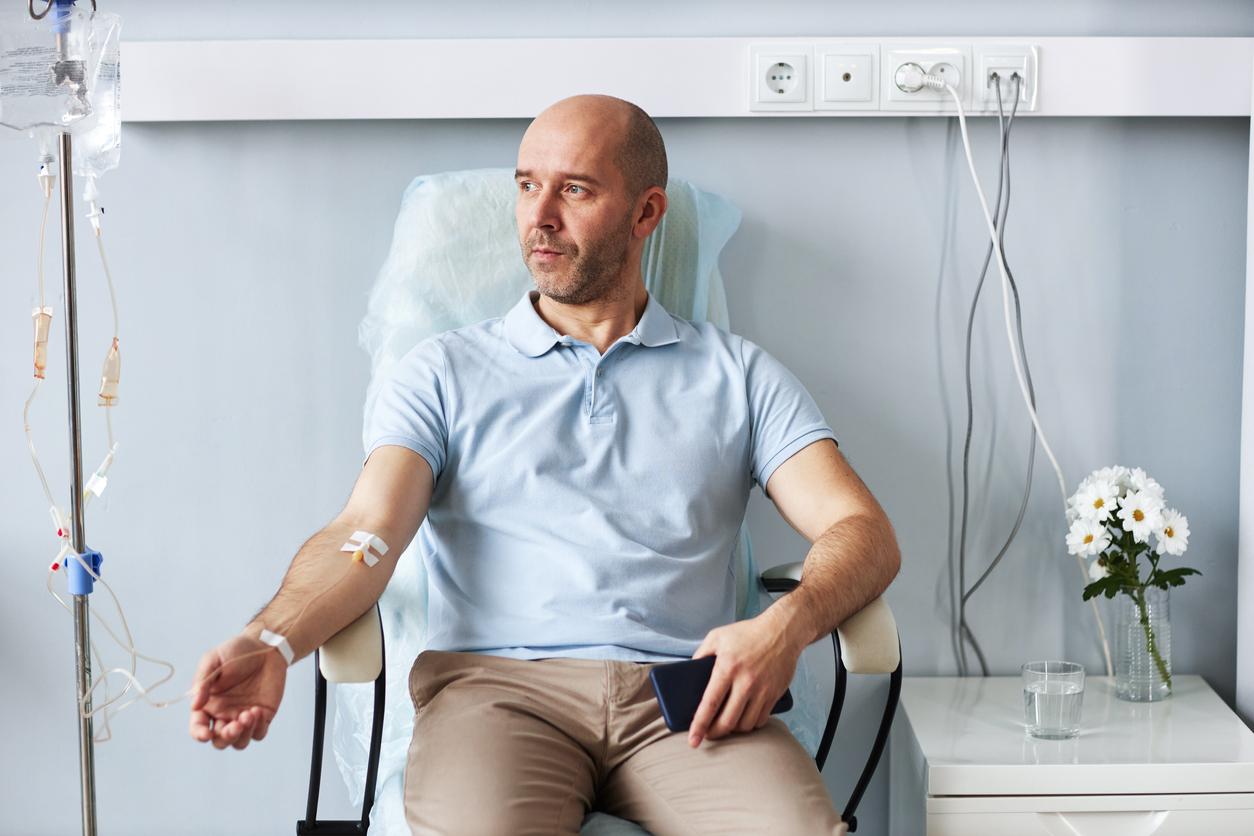
There are more and more special men’s and women’s clinics. Some hospitals also offer separate policies for men or women. Why is that?
Men’s Clinics
More than a million men in the Netherlands suffer from typical ‘men’s complaints’ such as urination or erection problems. Yet only 25 percent of them visit their GP at an early stage. Men are notorious ‘care avoiders’. “Women go to the doctor regularly in connection with their menstrual cycle or questions about reproduction. Men go there much less. If you then develop health problems after the age of 45, the step to the doctor is a big step. Especially when it comes to issues such as urinary or erection problems,” says professor Eric Meuleman, professor of urology at the VU Medical Center in Amsterdam. A few years ago, he set up a special men’s clinic in that hospital, where he sees about four hundred patients a year. The aim of the clinic is not only to look at the specific complaint, but at the overall health of the aging man.
According to Meuleman, such a broad approach to typical men’s complaints is desperately needed. If only because men live an average of four years shorter than women. This can mainly be explained by differences in lifestyle and risk behaviour. “Men are generally unhealthier. They eat worse, and smoke and drink more than women.”
Draw on the wall
It was already known that an unhealthy lifestyle can have consequences for the heart and vessels. But in recent years it appears that there is also a connection with urination and erection problems.
“You could see these phenomena as an early warning that something is not going well in the body,” says urologist Rob Schipper, initiator of the Men’s Clinic of the Jeroen Bosch Hospital in Den Bosch, where he mainly treats erection problems. More than half of the men Schipper sees have atherosclerosis (hardening of the arteries). “Patients usually do not have any problems with their hearts at that time,” says Schipper. “But an erection problem is a drawing on the wall.”
In recent years, many new remedies for typical male complaints have come on the market. The most famous is Viagra, against erectile dysfunction. “Such a ‘quick fix’ is of course easy”, says Meuleman. “But you don’t solve the underlying cause – such as vein problems as a result of an unhealthy lifestyle – with it. This requires a change in behavior. Medicines can be a good aid.”
Within one day
Both Meuleman and Schipper believe that the GP plays an essential role in advising on a healthier life. But where his time or knowledge falls short, their men’s clinics are a valuable addition. In addition, they raise awareness of the subject and lower the barrier to seeking help.
An example of a center that focuses entirely on the health problems of the aging man is Andros Men’s Clinic. The four locations – in Arnhem, Leiden, Maastricht and Amsterdam – each treat about 1500 patients per year. “The care in our clinics offers several advantages compared to the outpatient clinic in the hospital”, says Professor Frans Debruyne, general manager of Andros. “We have more time for a patient; a check-up in our center takes an hour on average. Moreover, all the necessary research is performed within one half-day. And there are no waiting lists.”
Of their patients, 30 percent suffer from urinary complaints, 40 percent with erection problems and another 30 percent with a combination of the two. A multidisciplinary team – consisting of a urologist, a specialized nurse and, if necessary, a cardiologist or a dietician – identifies the problems, gives advice and prescribes medication if necessary.
Isn’t that confusing, such a separate clinic, next to the GP and the hospital? “Not at all,” says Debruyne. “A patient comes to us after a referral by the GP. And we work well with specialists from the region, to whom we can refer for an operation if necessary. But we solve the vast majority of problems ourselves.”
For which complaints to a men’s clinic?
- Urinary complaints and problems with the prostate (enlargement, inflammation or pain)
- Erection problems and other sexual problems
- Loss of vitality due to a deficiency of the hormone testosterone
- overweight
- A high cholesterol level
- A second opinion on the above problems
Women’s Clinics
You can now visit a special clinic for typical women’s complaints, such as unwanted loss of urine or stool or a prolapsed uterus. Alan Woman, for example. The two locations, in Bilthoven and Amsterdam, have a partnership with UMC Utrecht and AMC Amsterdam. “Actually, Alant Vrouw is a center of expertise of the hospital, but at a different location,” says gynecologist Jan-Paul Roovers, medical director of Alant Vrouw in Amsterdam. “Women who report to the AMC with typical women’s complaints are forwarded directly to Alan Woman.” According to Roovers, his clinic meets a great need. “Half of the women over the age of forty sometimes suffer from involuntary leakage of urine. A third of them suffer from a vaginal prolapse. And one in ten women in this age group has serious problems with defecation, such as constipation. These percentages increase with aging. Women are often ashamed to talk about such complaints. They also often think that nothing can be done about it.”
Completely wrong, as it turns out. Problems with involuntary leakage of urine are treated with a minor procedure (in one day) at Alan. But why is that not possible so quickly in a hospital? Roovers: “At Alant we only deal with these kinds of problems. So we have a lot of specialist knowledge in house, including pelvic physiotherapists and continence nurses. Just like in a men’s clinic, we also offer a total approach; if necessary, a urologist or a sexologist is also available. They are one room away, so the patient can go there quickly.”
The UMC Utrecht was one of the initiators of Alant Vrouw. Professor Bart Fauser, gynecologist and head of the Women and Baby Division in that hospital, is pleased with the extra attention paid to typical women’s complaints. “Healthcare has been determined by men for decades. Women’s problems were looked down upon. As a result, we now have a knowledge deficit.”
Fauser would prefer all hospitals to offer total care for women in the future. He calls it ‘Women’s health’, following the example of how women’s care is organized in the US. The main difference with hospital care here is that the patient is central and not the specialism. “The menopause can cause menstrual problems or incontinence complaints. But the risk of cardiovascular disease, osteoporosis and Alzheimer’s also increases. With aging women with complaints, you want to keep an eye on all these things at the same time. Specialists must be involved in their treatment. so work better together.”
Link with cardiovascular disease
Fourteen hospitals in the Netherlands have a special ‘menopause centre’. And about ten organize a ‘pelvic floor clinic’ for women. Good first steps, Fauser believes. “But care there too is often limited to one subject and a specialism. I would like to see standard attention paid to, for example, the risk of cardiovascular disease in women who report to their GP or specialist with menopausal complaints.”
Cardiovascular disease is the number one cause of death in postmenopausal women – the risk of dying from it is even nine times greater than from breast cancer – but often goes unrecognized. Fauser: “Unlike men, women often do not see a doctor with chest pain, but with complaints that seem to be part of the menopause, such as lower back pain and fatigue. The link with cardiovascular disease is then not made.” According to him, special outpatients and clinics are certainly not an unnecessary luxury.
What can you go to a women’s clinic for?
-
Bladder complaints (a recurrent bladder infection, painful urination or incontinence)
-
stool complaints
-
Vaginal Prolapse
-
Pain when making love
-
Examination and treatment of an abnormal Pap smear
-
Menopausal complaints
-
Sterilization
-
A second opinion on the above problems
Specialized clinic or hospital?
“Health insurers purchase care from hospitals and independent treatment centers,” says Marleen Relouw, spokesperson for Zorgverzekeraars Nederland. “They only do that if they work according to certain rules and the quality requirements are met.”
The fact that the treatments at the Andros Mannenkliniek and Alant Vrouw are reimbursed by all health insurers, means that as a patient you can be sure that the quality of care there – just like in the hospitals – is in order.
Would you like to read more about urine loss and a weak bladder? Look at www.plusonline.nl/urineloss
Sources):
- Plus Magazine

















